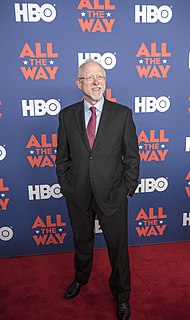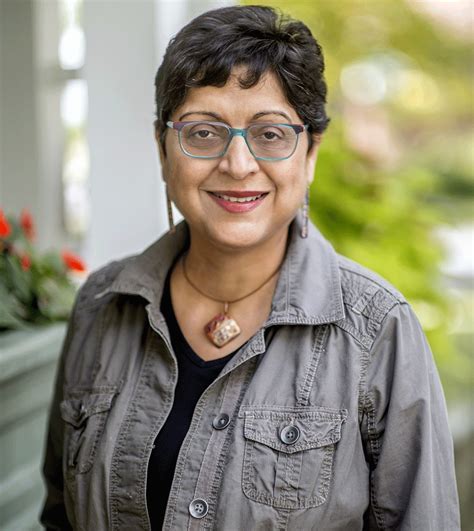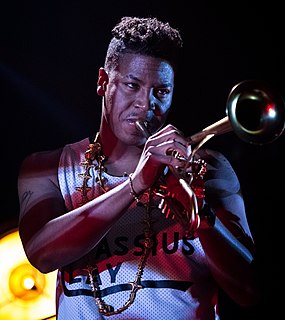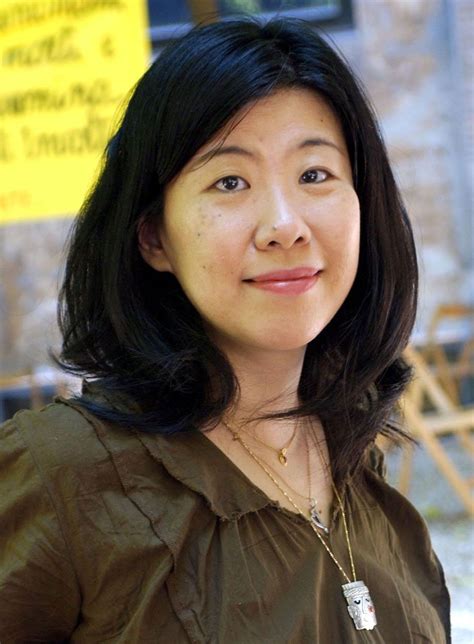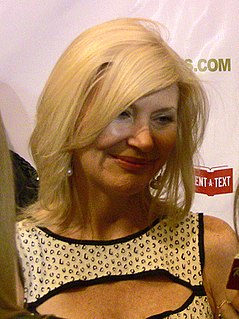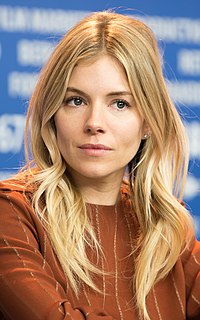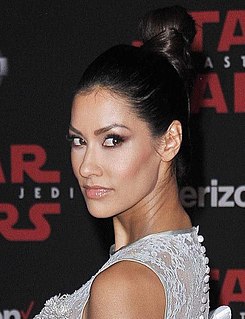A Quote by Robert Schenkkan
I think if you look at where things are in this current political climate, you'll see that everything is polarized. Everyone has their own eco chamber that they can operate in; there aren't a lot of people interacting with each other. For me, with something like film, that's an opportunity to try to bridge those gaps.
Related Quotes
I see that things are getting made a lot faster for less money and there are a lot less opportunity, I think, for actors. There's not a lot of work in the U.K. I mean, that's why everyone's moving to America because that's where the work seems to be. But it definitely feels like a lot more of a slog to get a gig these days. I suppose that's a lot to do with our current climate and financial messes. I certainly see that people seem to have to work harder with a lot less time.
I'm one of those people that thinks the world changes in smaller and in more mysterious ways than a lot of people like to think. A lot of traditional charities and organizations do things that on the surface seem like a good idea, but it doesn't change the way that people think about interacting with other people.
This is love-not what we say to each other but what we not say. Sometime it just one look exchange. Sometime one word. But underlining everything we say or not say, something else. Something heavy and deep, like when we in bed and looking into each other's eyes. For six years, everything between husband and me was on top, like skin. Now it hidden, like bone and muscle. [] He care for me now. He finally see me. And he like what he see.
What we're doing now, is to try to eradicate the limited notion of how people are interacting with each other through hyper-racialized ideas. A lot of it deal with, as an example, genre. If I ask you to visualize a trap musician or a hip-hop musician, you'll see one thing. If I say visualize a western classical musician, you'll see a very different thing. A lot of how music is disseminated to us is hyper-racialized. It's not something that we think about all the time, but if you take a minute to look back, it's why you get this argument when there's a white rapper.
Well, I think we ought to definitely look at it and debate it. I think there are a lot of people who have trouble coming to terms with that because they see marriage as traditionally between a man and a woman. But I also know that, you know, when couples are committed to each other and love each other, that they ought to have I think the same sort of rights that everyone has.
For me, each of SNSD members is like my own body. If one gets hurts or hears bad things from someone else, it hurts me and pains me even more. And you know, it's impossible for only good things to happen to someone, so there will always be difficult and hurtful times; but during these times, I'm thankful that we're each other's supports and each other's strength. I hope in the future, we'll continue to lean on each other and be strong for each other. Also, when we need encouragement, we'll continue to look for each other too.
I think a lot of things can be misconstrued in a lot of ways. And I think if people open their minds more, and they try to look deeper into something than just something that is a very big, hot, fiery button to hide behind...I think if people looked into something bigger that I was trying to speak upon, they wouldn't be so easy to fire back silly, miscellaneous things.
For me, it is about using everything that is there and using the gaps in the record, figuring out why the gaps might be there. And then when you move on to the level of what historians said, laying the interpretations side by side. You also have to look back at the documents and make your own judgments. What the record says and what people say about it. A novelist can fill the gaps in a way that a biographer cannot.
People look at the future and see a black hole. They look at climate change and see an ecological crisis. They look at their leaders corrupted by money and see a political crisis. They wonder if they'll ever be able to pay off their student loan or own a house. Given this ecological, political and financial crisis, what they want is a different future. Their fundamental demand is a different regime to provide that future.
